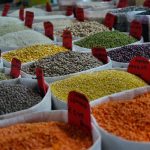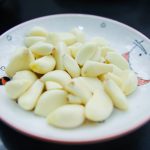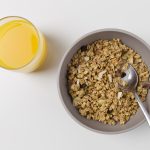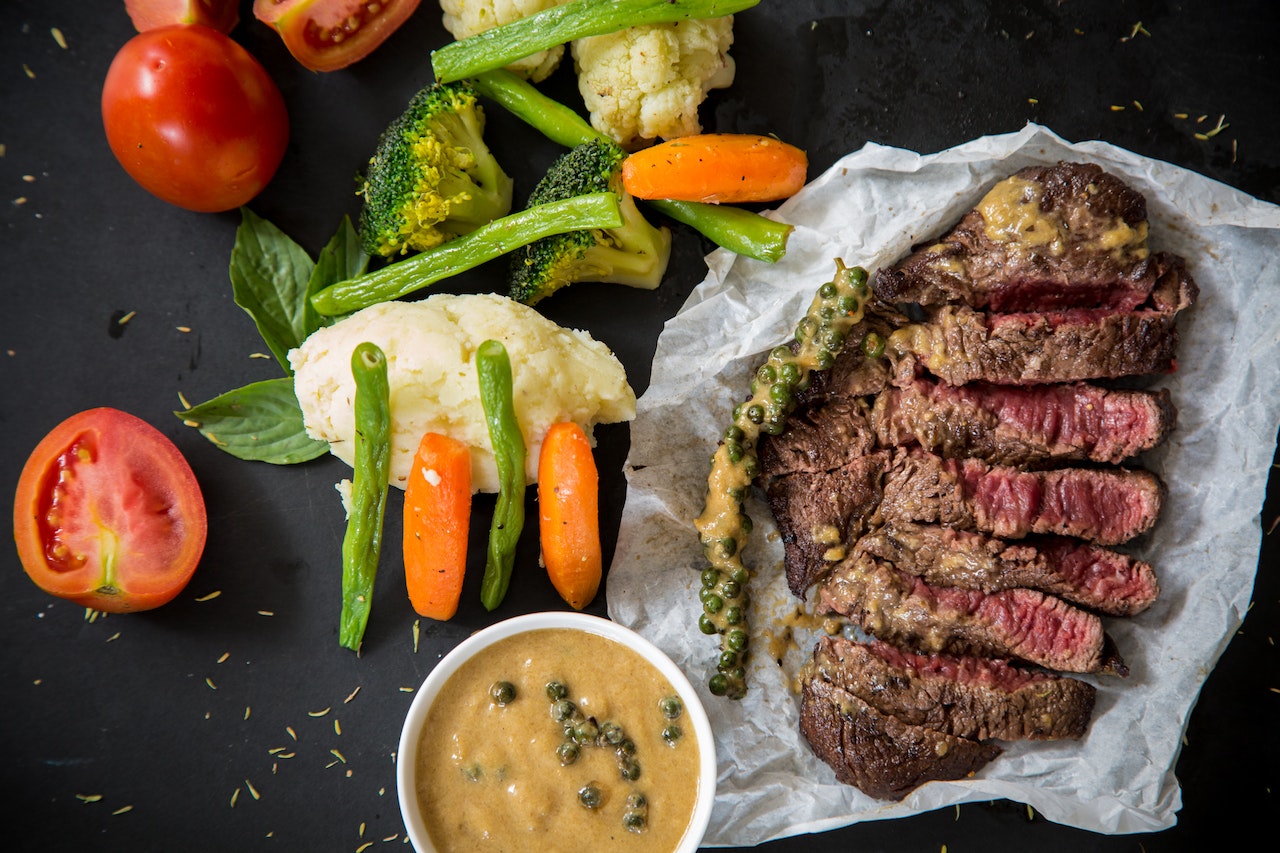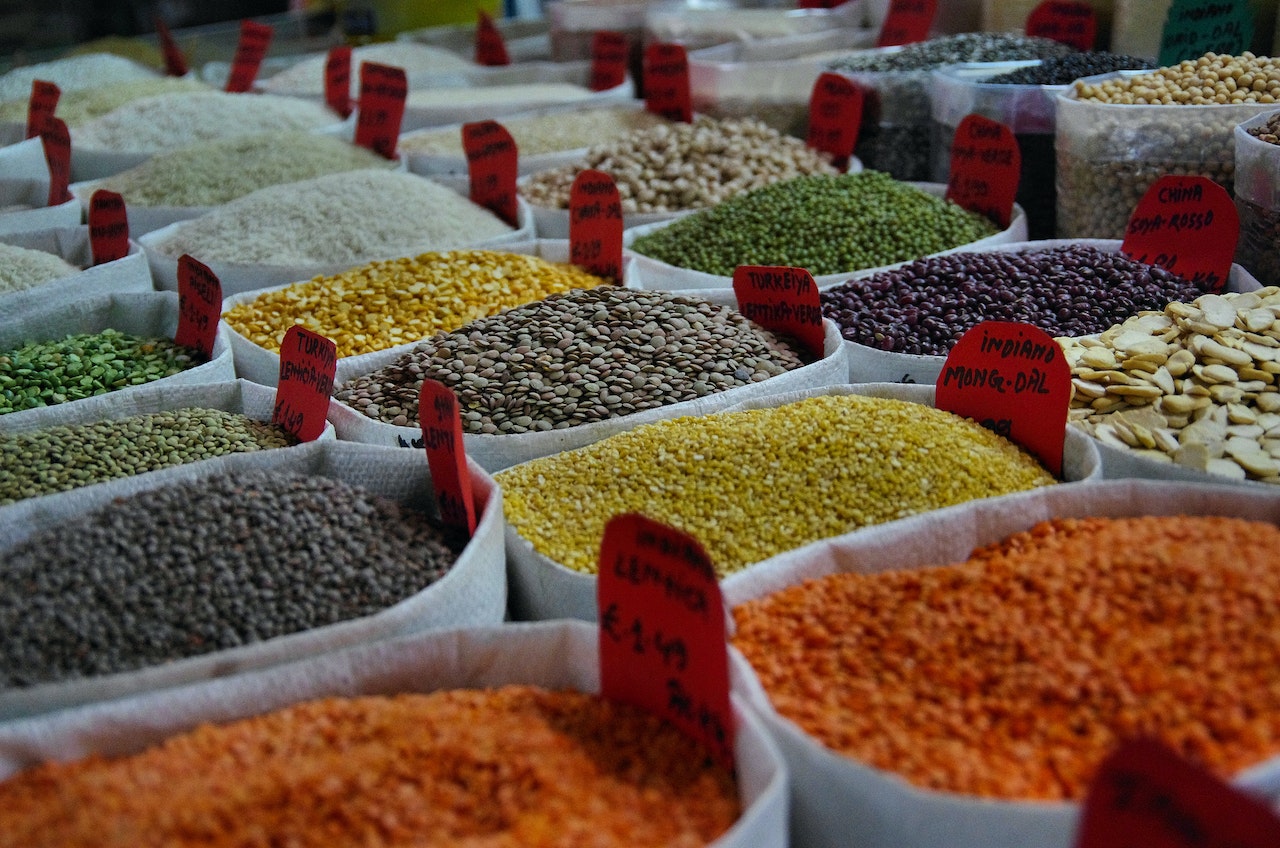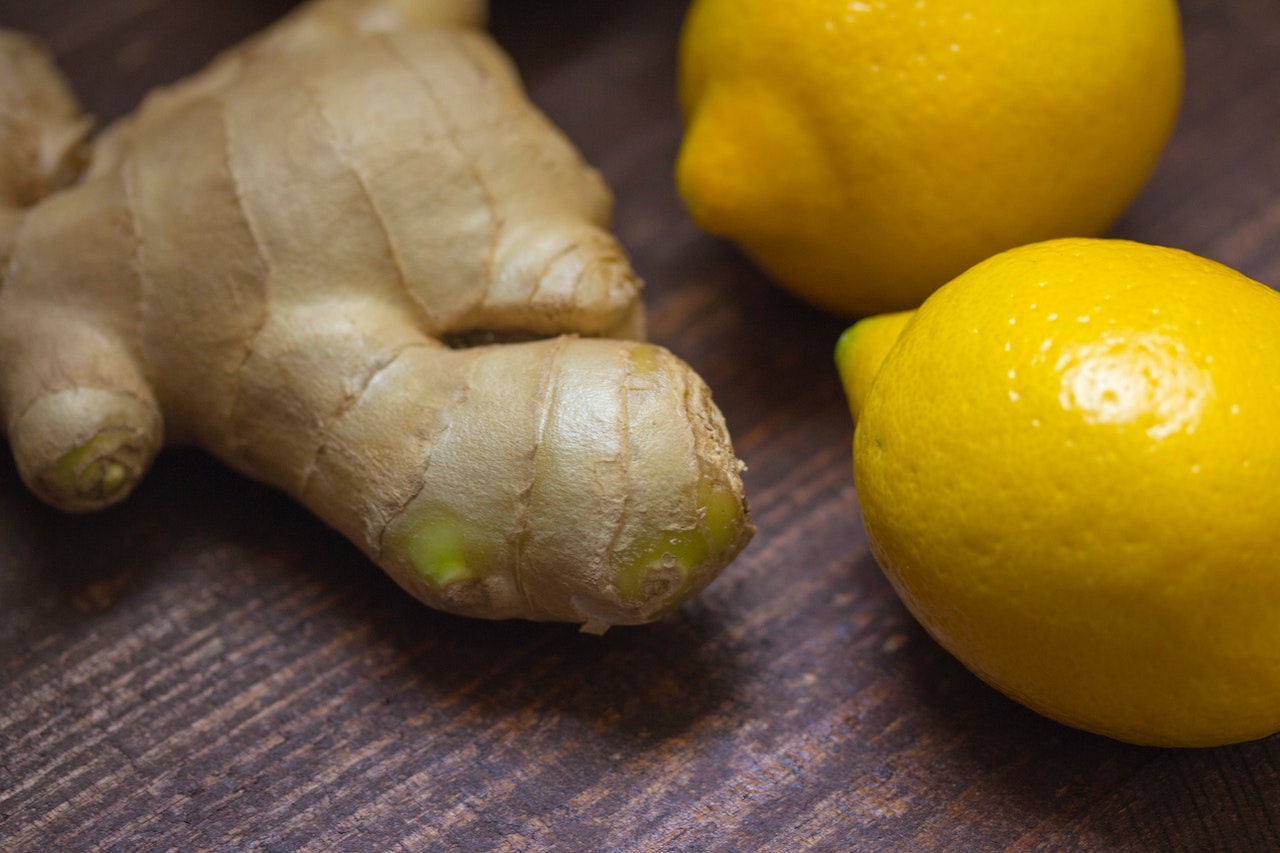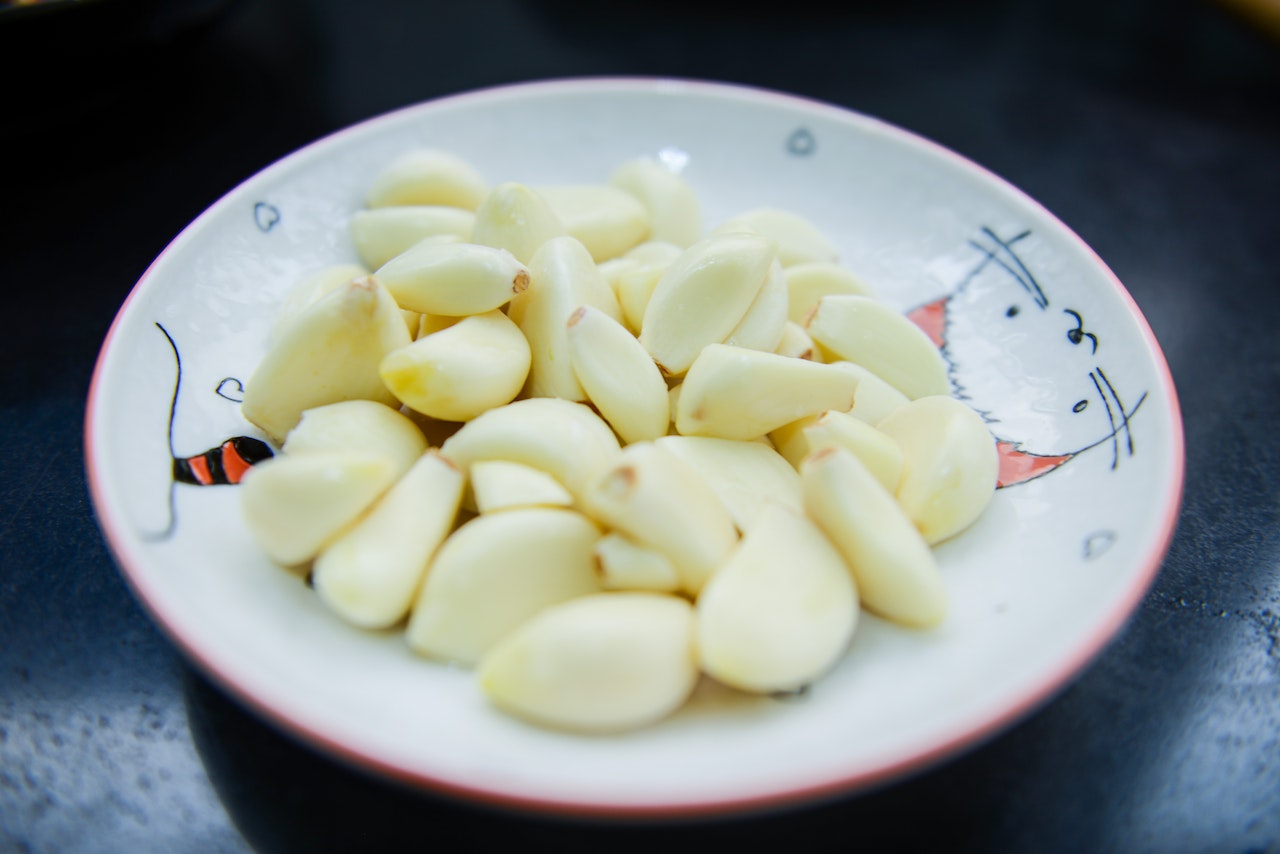Arthritis is a chronic condition that affects millions of people worldwide, causing inflammation and pain in the joints. While there is no cure for arthritis, managing the condition through lifestyle choices, including diet, can significantly impact symptoms and improve quality of life. Certain foods and beverages can exacerbate inflammation and lead to increased discomfort for individuals with arthritis. In this comprehensive guide, we will explore the foods and beverages to avoid with arthritis, empowering you to make informed dietary choices that support your joint health and overall well-being.
- Processed Foods
Processed foods are often high in trans fats, refined sugars, and sodium, all of which can promote inflammation in the body. It is essential to limit the consumption of processed snacks, fast foods, and packaged meals to reduce the potential aggravation of arthritis symptoms.
- Sugar-Sweetened Beverages
Sugar-sweetened beverages, such as soda, energy drinks, and sweetened iced tea, can contribute to inflammation and weight gain. These beverages are high in added sugars, which have been linked to increased levels of inflammatory markers in the body. Opt for water, herbal teas, or unsweetened beverages instead.
- Red Meat
Red meat is high in saturated fats, which may trigger inflammation and worsen arthritis symptoms. Additionally, high consumption of red meat has been associated with an increased risk of developing rheumatoid arthritis. Consider incorporating more lean protein sources like fish, poultry, and plant-based proteins into your diet.
- Dairy Products
Some individuals with arthritis may experience increased inflammation and joint pain when consuming certain dairy products, such as whole milk and cheese. Consider choosing low-fat or non-dairy alternatives like almond milk, soy milk, or lactose-free products if you suspect dairy aggravates your arthritis symptoms.
- Refined Carbohydrates
Foods made with refined carbohydrates, like white bread, white rice, and pastries, have a high glycemic index, leading to rapid spikes in blood sugar levels. These spikes can trigger inflammation and may contribute to joint pain. Opt for whole grains like brown rice, quinoa, and whole wheat bread instead.
- Omega-6 Fatty Acids
While omega-6 fatty acids are essential for our health, an imbalance of omega-6 to omega-3 fatty acids can promote inflammation. Reduce the consumption of foods high in omega-6 fatty acids, such as corn oil, soybean oil, and processed snacks, and increase your intake of omega-3 fatty acids found in fatty fish, flaxseeds, and chia seeds.
- Alcohol
Excessive alcohol consumption can worsen inflammation and may interact with certain arthritis medications. Limit alcohol intake and talk to your healthcare provider about any potential risks associated with alcohol and your specific arthritis treatment plan.
- High-Sodium Foods
Foods high in sodium can lead to water retention and may exacerbate inflammation in some individuals. Limit your intake of salty snacks, canned soups, and processed foods, and opt for fresh, whole foods seasoned with herbs and spices instead.
- Fried Foods
Fried foods, such as French fries, fried chicken, and potato chips, are high in trans fats and can contribute to inflammation. Consider baking, grilling, or sautéing foods using healthier cooking oils like olive oil or avocado oil.
- Gluten
Some individuals with arthritis, particularly those with rheumatoid arthritis, may benefit from reducing or eliminating gluten from their diet. Gluten is a protein found in wheat, barley, and rye and can trigger inflammation and exacerbate arthritis symptoms in susceptible individuals.
Managing arthritis requires a holistic approach that includes regular exercise, stress management, and a balanced diet. Avoiding certain foods and beverages that can trigger inflammation and worsen arthritis symptoms is a critical step in supporting joint health and overall well-being. Processed foods, sugar-sweetened beverages, red meat, dairy products, refined carbohydrates, omega-6 fatty acids, alcohol, high-sodium foods, fried foods, and gluten are among the foods and beverages to avoid with arthritis. Instead, focus on incorporating anti-inflammatory foods like fruits, vegetables, fatty fish, nuts, and seeds into your diet. Always consult with your healthcare provider or a registered dietitian to create a personalized nutrition plan that best suits your individual needs and health goals. By making thoughtful dietary choices, you can take charge of your arthritis management and pave the way for a more comfortable and active lifestyle.


